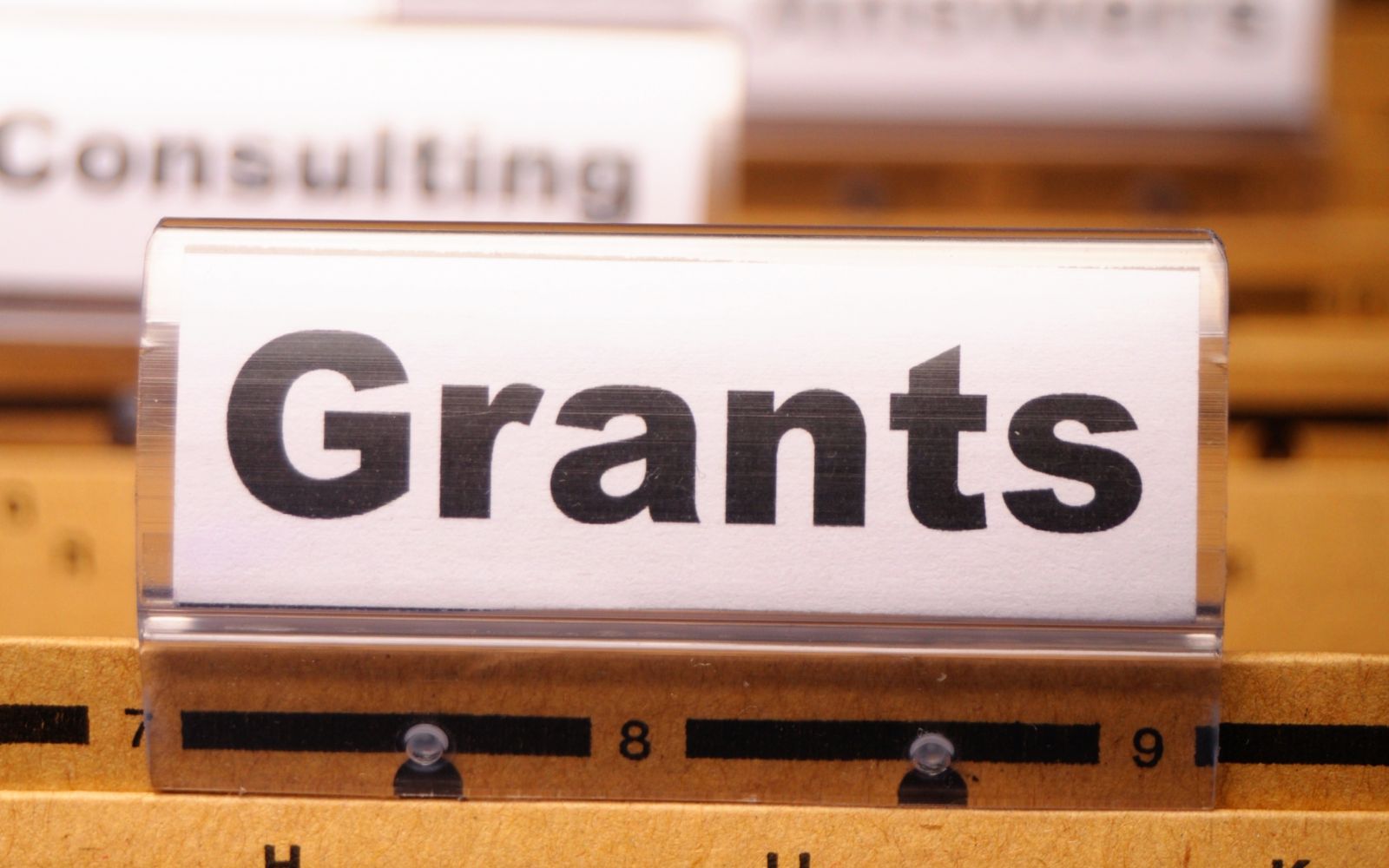Setting Up A Growth Shares Scheme: The Basics

Growth shares can be a very effective incentive for both employees and non-employees. Differently from EMI Share Options or otherwise unapproved share options, growth shares allow recipients (employees or not) to become shareholders immediately.
The flexibility of this kind of shares allows you to apply ‘conditionality’ to protect the interests of the business, or to make sure that certain goals are met, but they do not require particular conditions per se in order to be issued.
Why do businesses give growth shares?
- Attract and retain key talent, both as employees or as consultants or other external stake-holders.
- Align their interests with those of the business by sharing ownership.
- Reward contributions in form of equity so everyone benefits from the business’ success.
What is a growth share scheme?
One of the key characteristics of growth shares is that they are dependent on a ‘hurdle’ which is determined when the shares are issued. The hurdle is the minimum value for which the growth shares become eligible for an economic return.
For example, let’s say a business issues a new class of growth shares worth 10% of the company. The business is currently valued at £5m and the hurdle for the newly issued growth shares is £6m.
This means that, if said business is then sold for £10m, £6m are distributed among ordinary shareholders, and the remaining £4m (all of the value created which is above the hurdle) is distributed among both ordinary and growth shareholders. In this example, the value of the growth shares is initially null, but grows up to £400,000 as the company valuation increases.
This way, holders of growth shares can be rewarded for the additional value they create without pre-existing shareholders diluting their ownership unless significant new value is created.
Recipients of growth shares don’t have to pay income tax on exercise, only capital gains tax on sale.
What are the main advantages?
- By not triggering Income Tax, growth shares often are more tax efficient than unapproved options or other share schemes.
- Recipients of growth shares only benefit from capital growth they contributed creating, thanks to the hurdle.
- Dilution for existing shareholders is minimised.
- It is very easy to set conditions for recipients, such as reaching productivity goals.
- Shares are issued immediately.
- A great alternative to EMI options for businesses that are not likely to sell in the short term.
What are the main disadvantages?
- Growth Share Schemes are not exempt from Capital Gains Tax unless the shareholding exceeds 5%, in which case Entrepreneurs’ Relief is triggered and different rules apply.
- The value of the growth shares cannot be agreed in advance with HMRC.
What are the qualifying criteria and limits?
For the business or recipient:
- Growth shares are very flexible and can be issued by basically any business to any recipient.
For the shares:
- A growth shares scheme requires the issued shares to constitute a new and specific class of shares.
- These can be either voting or non-voting.
Setting up a growth shares scheme
By setting a ‘conditional period’, you can make sure a team member does not leave the company for a certain amount of time since being given the shares. If they do, the shares can be easily cancelled; after the conditional period expires, they assume full ownership of the shares and can benefit from them whether they stay with the company or not.
By setting different conditional periods for proportions of the total shares, you can essentially set a vesting schedule in a similar way to what you would do with options.
Qualifying criteria for each growth share award can also be set, in order to make sure that performance goals are met and to protect the business’ interests.
On sale, growth shares are taxed as a capital gain, so normally around 20%. In contrast, unapproved options normally attract a marginal tax rate of 40%, if exercised at exit, as they are then treated as income.
Very often, some elements will need to be added to your Articles of Association in order for growth shares to work for the intended purpose. We would recommend speaking to legal specialists such as Ignition Law to make sure that your Articles of Associations are compatible with a growth shares scheme.
In order to correctly set a hurdle rate, which is normally the company’s value today, you will need to ask your accountant to produce a valuation of your business. This cannot be pre-approved with HMRC, which can therefore check, in the future, whether the shares were correctly priced. For this reason, a premium of 10% to 40% is often applied to reflect an “hope value” of the shares, lowering the risk of HMRC questioning the initial pricing.
The information available on this page is of a general nature and is not intended to provide specific advice to any individuals or entities. We work hard to ensure this information is accurate at the time of publishing, although there is no guarantee that such information is accurate at the time you read this. We recommend individuals and companies seek professional advice on their circumstances and matters.




